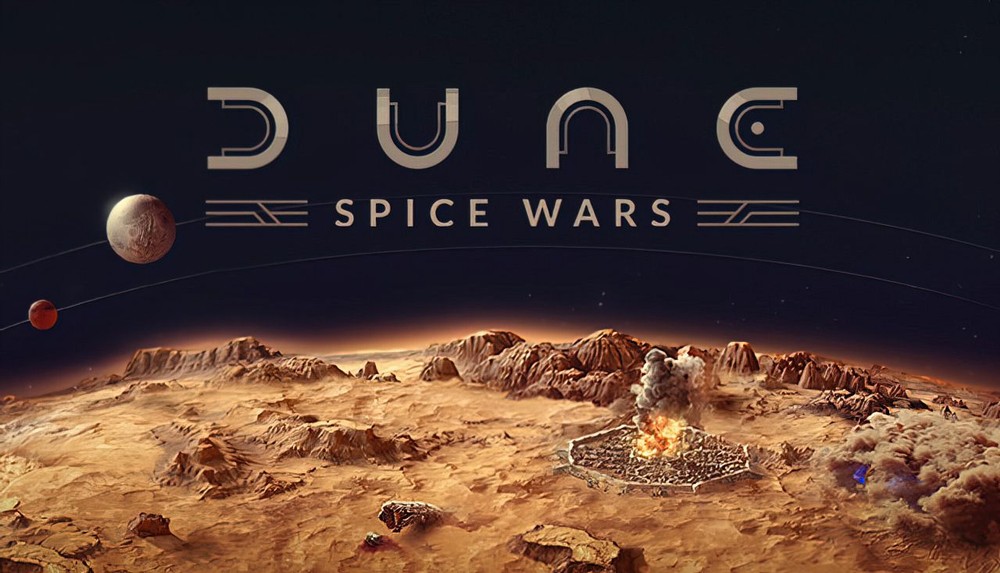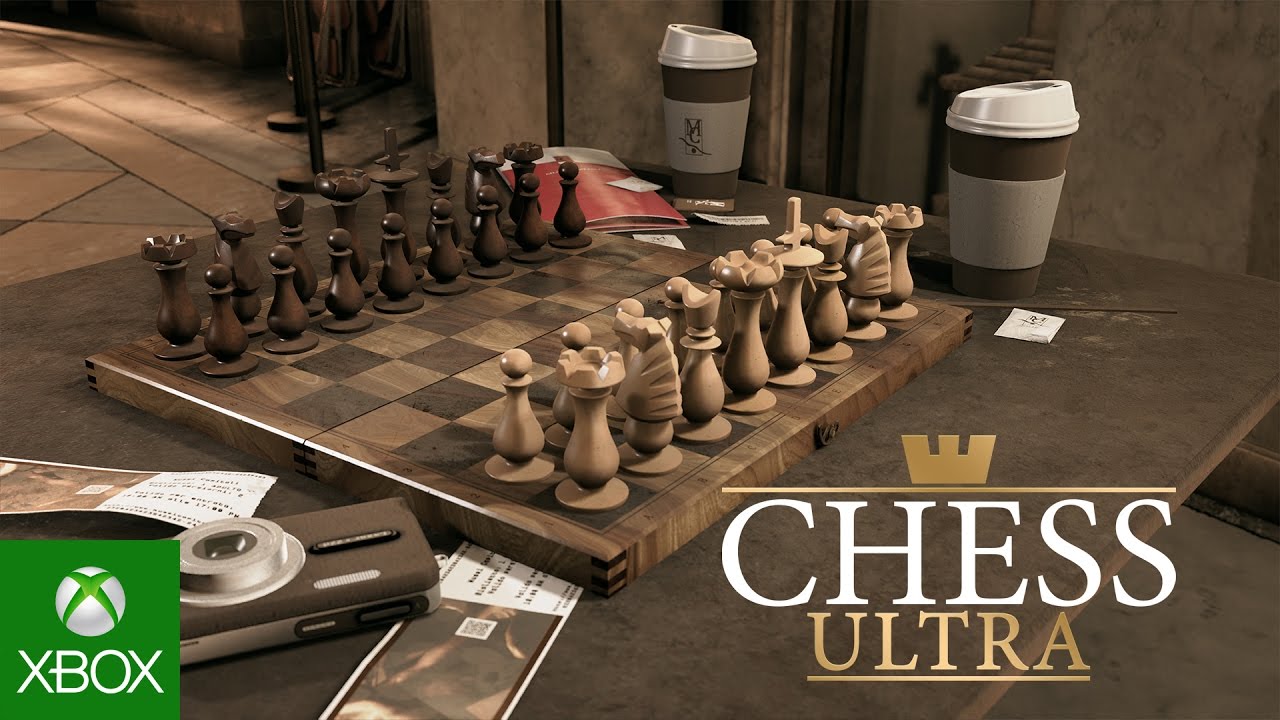Introduction to Dune: Spice Wars
“Dune: Spice Wars” is a real-time strategy game set in the iconic universe of Frank Herbert’s Dune series. Developed by Shiro Games, the creators of “Northgard,” and published by Funcom, this game combines 4X elements (explore, expand, exploit, and exterminate) with a deep strategic layer, offering a unique experience for Dune fans and strategy enthusiasts. This article will delve into the game’s features, gameplay mechanics, and reception while answering frequently asked questions.
Gameplay Mechanics of Dune: Spice Wars
Strategic Gameplay Elements
“Dune: Spice Wars” revolves around the struggle for control over the desert planet Arrakis, the only source of the invaluable spice, Melange. Players choose from one of several factions, each with unique abilities and playstyles. The main gameplay elements include resource management, military strategy, and political maneuvering.
Factions and Their Unique Abilities
The game features multiple factions, including House Atreides, House Harkonnen, and others. Each faction has its strengths and weaknesses:
- House Atreides: Known for diplomacy and alliances, House Atreides excels in political maneuvering and maintaining peace.
- House Harkonnen: Renowned for their brutal tactics and military prowess, House Harkonnen focuses on force and subjugation.
- Smugglers and Fremen: These factions offer alternative playstyles, focusing on stealth, and guerilla tactics, and exploiting the weaknesses of the major houses.
Resource Management and Spice Production
Resource management is crucial in “Dune: Spice Wars.” Players must balance the extraction of spice, the most critical resource, with other resources such as water, manpower, and materials. Spice is essential for trade and maintaining the faction’s economy, making its management a central aspect of the game.
Military Strategy and Combat
Combat in “Dune: Spice Wars” is tactical, requiring players to consider unit positioning, terrain, and faction-specific abilities. Building a diverse army and employing strategic maneuvers are vital for success. Additionally, players must protect their territories from sandworms, natural disasters, and enemy factions.
Political Maneuvering and Alliances
Political strategy plays a significant role in the game. Players can form alliances, engage in espionage, and participate in the Landsraad (the governing council of the Great Houses) to influence decisions and gain advantages. Diplomacy can often be as powerful as military strength in achieving victory.
Visual and Audio Design
Immersive Visuals
The visual design of “Dune: Spice Wars” captures Arrakis’s harsh, desolate beauty. The game’s graphics are detailed and vibrant, with distinct visual styles for each faction’s units and buildings. The desert landscapes are meticulously crafted, enhancing the immersion and thematic consistency of the Dune universe.
Atmospheric Soundtrack
The soundtrack of “Dune: Spice Wars” complements the game’s atmosphere, with music that evokes the mystery and grandeur of Arrakis. The audio design, including sound effects for combat and environmental elements like sandstorms and sandworms, adds to the immersive experience.
Reviews and Reception of Dune: Spice Wars
Critical Acclaim
“Dune: Spice Wars” has received generally positive reviews from critics. The game has been praised for its deep strategic gameplay, faithful adaptation of the Dune universe, and engaging faction dynamics. Critics have highlighted the following aspects:
- Complexity and Depth: Reviewers appreciate the game’s complexity and the strategic depth offered by its various mechanics.
- Fidelity to Source Material: The game has been commended for staying true to the Dune lore and delivering an authentic experience.
- Visual and Audio Presentation: The immersive visuals and atmospheric soundtrack are standout features.
Player Feedback
Player reviews have also been largely positive, with many expressing satisfaction with the game’s strategic elements and its faithful representation of the Dune world. Common points of praise and criticism include:
- Positive Feedback:
- Engaging and deep gameplay
- Variety of factions and playstyles
- Immersive world-building and lore integration
- Negative Feedback:
- The steep learning curve for newcomers
- Occasional balance issues between factions
- Some technical bugs and performance issues
Comparing to Other RTS Games
Compared to other real-time strategy (RTS) games, “Dune: Spice Wars” stands out for its unique blend of 4X elements and its rich narrative background. It offers a more narrative-driven experience than many other RTS games, making it a compelling choice for fans of the genre and the Dune series.
Dune: Spice Wars Game Official Trailer by and Analysis Review
Frequently Asked Questions (FAQs): About Dune: Spice Wars
Q1: What is Dune: Spice Wars?
A: “Dune: Spice Wars” is a real-time strategy game with 4X elements, set in the universe of Frank Herbert’s Dune series. Players control one of several factions vying for control over the desert planet Arrakis and its valuable resource, spice.
Q2: Who developed and published Dune: Spice Wars?
A: The game was developed by Shiro Games, known for “Northgard,” and published by Funcom.
Q3: What are the main factions in the game?
A: The main factions include House Atreides, House Harkonnen, Smugglers, and Fremen, each with unique abilities and playstyles.
Q4: How does resource management work in the game?
A: Resource management is crucial, with players balancing the extraction of spice, water, manpower, and materials to maintain their economy and military strength.
Q5: What is the role of spice in the game?
A: Spice is the most critical resource, essential for trade and economic stability. Controlling spice production is central to a faction’s success.
Q6: How does combat work in Dune: Spice Wars?
A: Combat is tactical, requiring strategic unit positioning, terrain consideration, and the use of faction-specific abilities. Players must also protect their territories from natural threats like sandworms.
Q7: Is there a political aspect to the game?
A: Yes, political strategy is a significant element. Players can form alliances, engage in espionage, and participate in the Landsraad to influence decisions and gain advantages.
Q8: How have critics and players received the game?
A: The game has received generally positive reviews, praised for its strategic depth, fidelity to the Dune universe, and immersive presentation. Some criticisms include a steep learning curve and occasional balance issues.
Q9: How does Dune: Spice Wars compare to other RTS games?
A: “Dune: Spice Wars” stands out for its blend of 4X elements and rich narrative background, offering a more story-driven experience than many other RTS games.
Q10: What are some common criticisms of the game?
A: Common criticisms include the steep learning curve for newcomers, occasional balance issues between factions, and some technical bugs and performance issues.
Conclusion
“Dune: Spice Wars” successfully brings the iconic Dune universe to life in a strategic and immersive manner. With its complex gameplay mechanics, deep faction dynamics, and faithful adaptation of the source material, the game offers a unique and engaging experience for both Dune fans and strategy enthusiasts. While it may present a steep learning curve and face some balance issues, its strengths far outweigh its weaknesses, making it a standout title in the real-time strategy genre.



